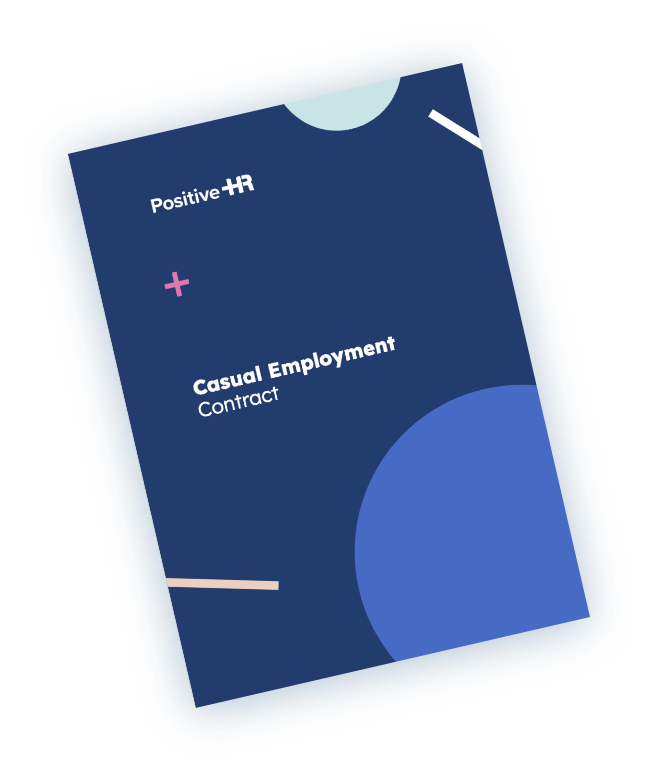Recently, several major companies with severe errors in their payroll have been caught in underpayment scandals, which have affected a number of employees. Speaking with a number of clients recently, it became clear that Employers don’t recognise that underpayments are an easy to occur concern, when the business does not have adequate and proactive Payroll or HR resources support and guidance.
What happens to employers caught underpaying their employees?The business may be ordered to back pay and subject to receiving other monetary penalties for companies convicted of underpaying employees. Also, the Court can order additional sanctions against Managers such as Human Resource Managers, Directors and the company itself. Many high profile Australian organisations have received adverse media attention, primarily alleging the underpayment of workers entitlements. These allegations have affected most companies due to significant financial impact as well as unavoidable long-lasting damages to a reputation.
A recent example is the case of celebrity chef George Calombaris, who was slapped with a substantial fine after he was found guilty of underpaying AUS$ 7.83 Million to approximately 515 current and former workers. Calombaris admitted the allegations of underpaying his hospitality empire’s employees, which is considered to be an unprecedented deal with the Fair Work Ombudsman. Furthermore, the Court ordered MasterChef’s judge to pay AUS$200,000 as “contrition payment” and plan a series of public statements aimed to promote compliance with the Fair Work Act.
According to a four-year investigation conducted by the Fair Work Ombudsman, it was discovered that Calombaris’ company had a raft of breaches, such as failure to pay employees the minimum award rates, casual loadings, penalty rates, overtime rates, annual leave loadings, and split-shift allowances. After Court ruling, Unions now want George Calombaris to resign as a MasterChief judge due to the underpayment scandal. The Unions added that a new compliance and payroll system must be implemented across his stable restaurants like Gazi, Hellenic Republic and Jimmy Grants.
One of the most common styles of underpaying workers includes short-paid hourly rates, overtime and penalty rates. Many Australian companies erroneously implement rules on overtime payments for part-time or hourly workers as to full-time employees. Company managers and directors should understand that underpayment of employees’ entitlement typically undermine the customers’ trust, disenfranchise and demoralise employees. Therefore, executive management has an obligation to assign responsibilities for making sure compliance and showcase commitment to its workers by communication a loud ‘tone from the top’ message.
How can an employer mitigate risk of underpayment? Understanding of your business and the relevant awards all employees fall under is paramount and the foundation to mitigating risk.
If the business employees are covered under complex Awards that have overtime and allowances, it would be beneficial including a set off clause in the employment agreements. Employers must understand that by doing this the employee must be “better off”. If you do not wish to have a set off clause, keeping good records and a track on employee’s hours and payments will assist in mitigating risk.
Seeking third party advice from Positive HR. We can conduct an audit of your existing employees, relevant Awards, pay rates and provide sound advice. We are then able to set you up on our HR Start Up Packto ensure you have suitable contracts in place, policies & procedures, understanding of best practice and become well educated on steps you can take to ensure full compliance.
Bulletproof your business and get in touch with one of our team members today!
enquiries@positivehr.com.au or +61 404 922 125









